Part 1
Zoom password: 8%a0@hmE
Part 2
Zoom password: $^!fT94t
Data Resources:
Math and ELA:
Other:
Module 4: Leaders as Collaborators
It’s a natural human quality that people can identify problems or potential reasons for those problems. However, research on what effective problem solvers are able to do differently tells us that assumptions needed to be tested. The human perception is strongly tied to emotional health and status, thus human perception can change even when circumstances have not. We also can find in the research literature support that school child-study teams often build plans based on unverified assumptions that can yield to a plan having no impact, and as a result the child is suspected of having a more severe problem when perhaps the intervention was simply not matched to need (i.e., based on faulty assumptions). In this module, teams are instructed on how to help educators develop fluency of understanding the relationship between students’ academic achievements and their social-behavioral, or emotional competencies, or their health and wellbeing. From this integrated, whole-child lens, teams are taught how to collect and analyze data to verify specific barriers that are causing a given problem, and then use that information to begin brainstorming solutions for developing further in the next module.
Objectives:
- Learn how to comprehensively plan for Tier 1 (school improvement) and implement actions
- Learn various strategies for improving Tier 1
- Learn to develop fidelity measurement procedures aligned to conditions
- Learn PS Step 3 (Plan Dev & Implementation)
Time Required: 4.5 hours
Part 1:
Summary of Problem-Solving Steps Across the Tiers
Sample of Hypotheses About an Effective Tier 1
Problem-Solving Using the ICEL / RIOT Matrix
Hypothesis Validation Practice Data
Part 2:


